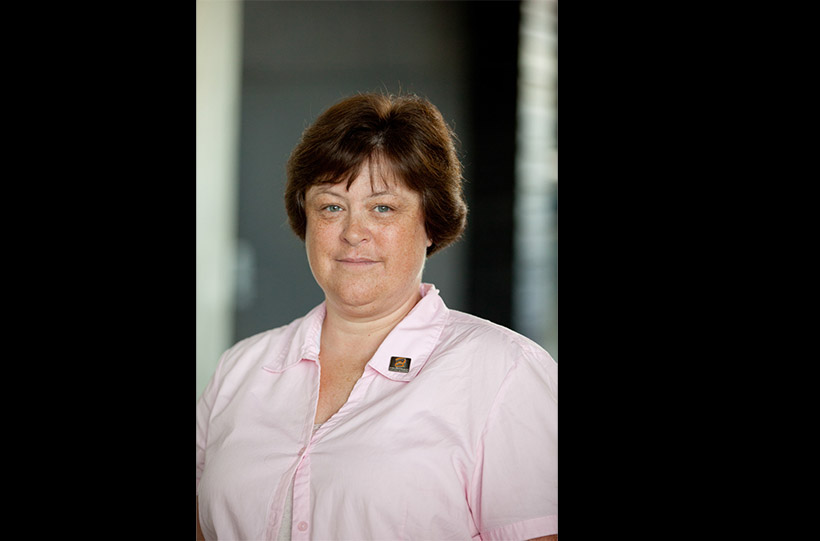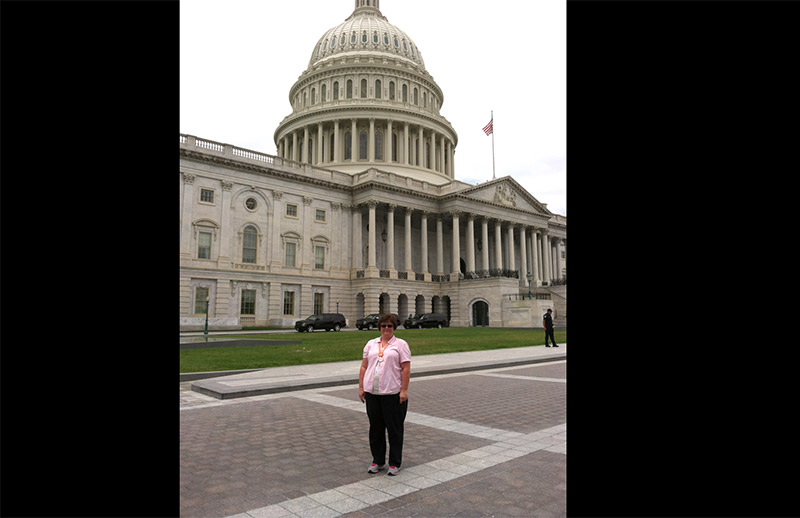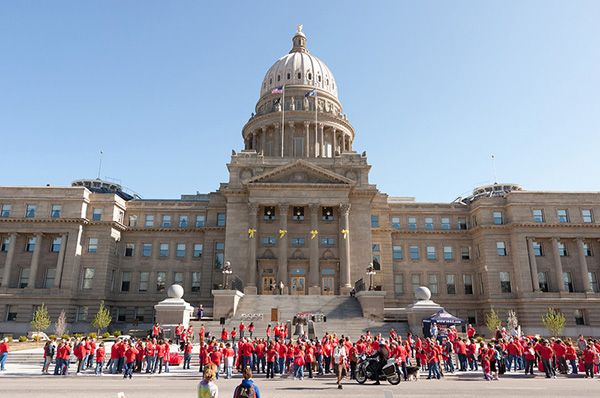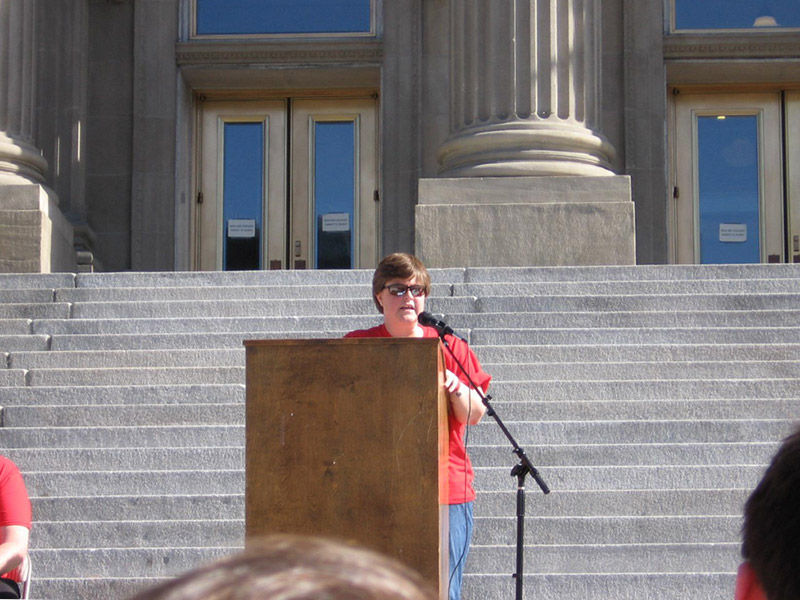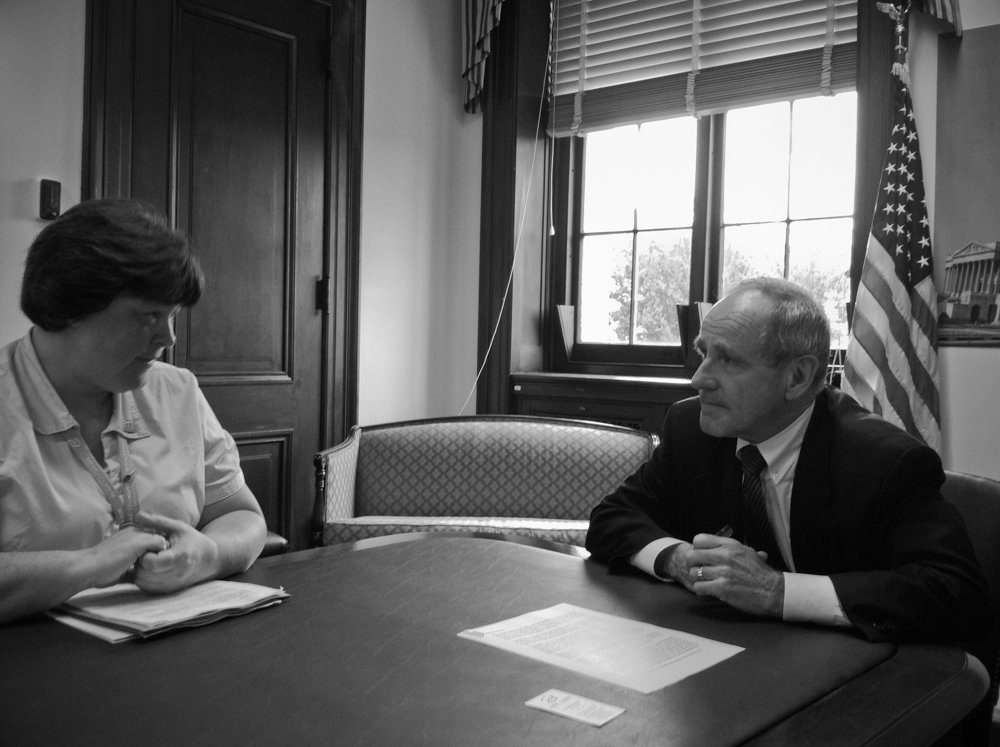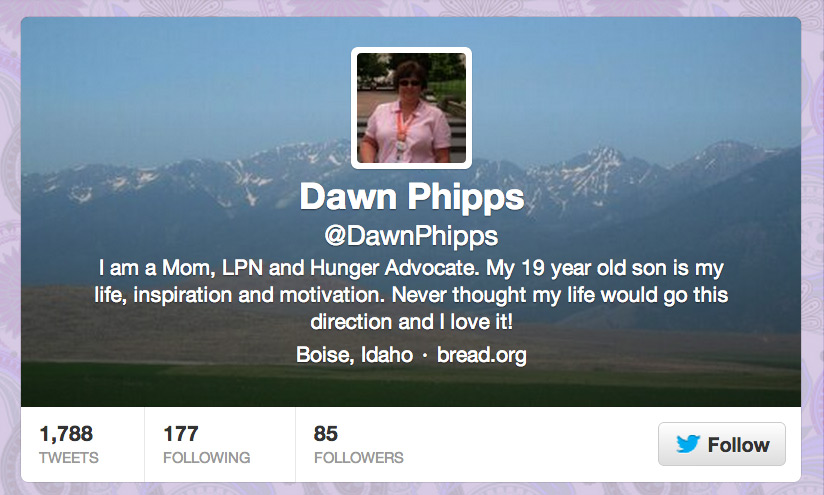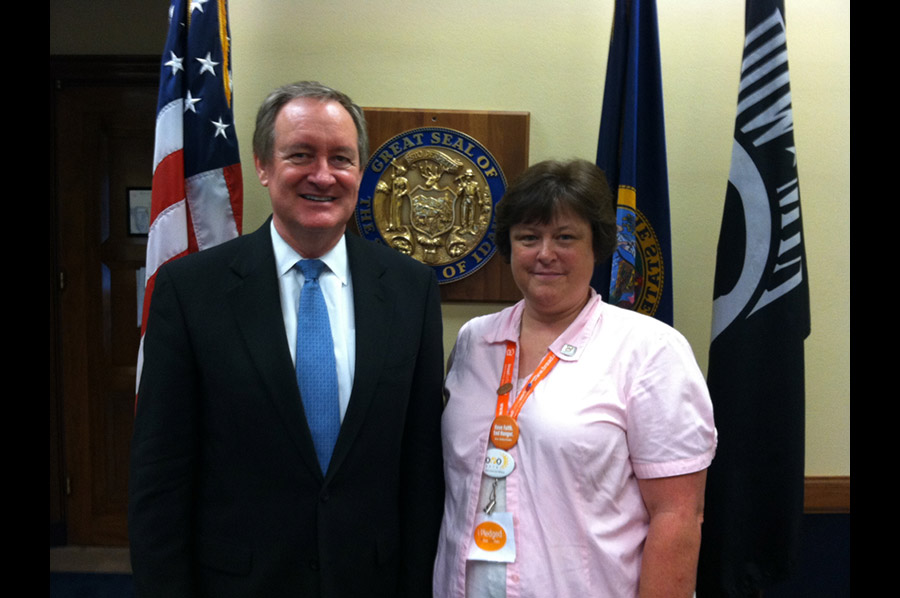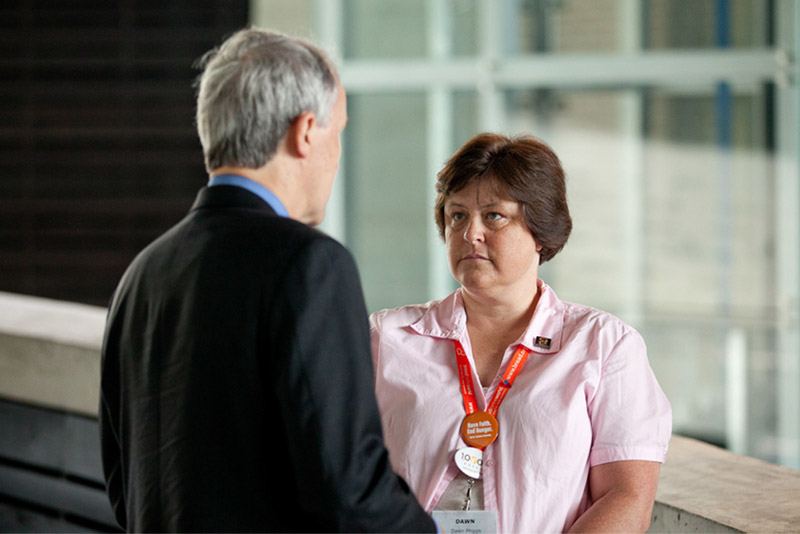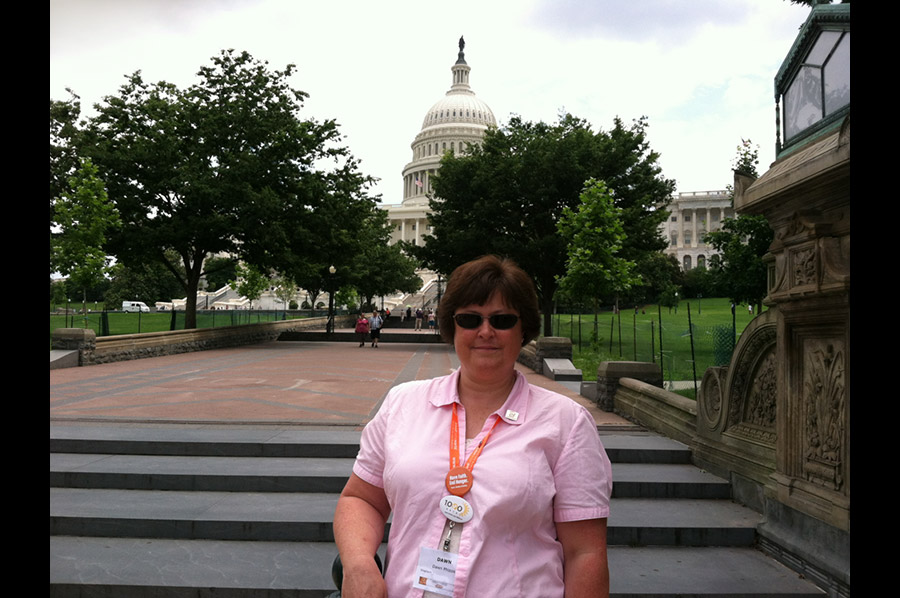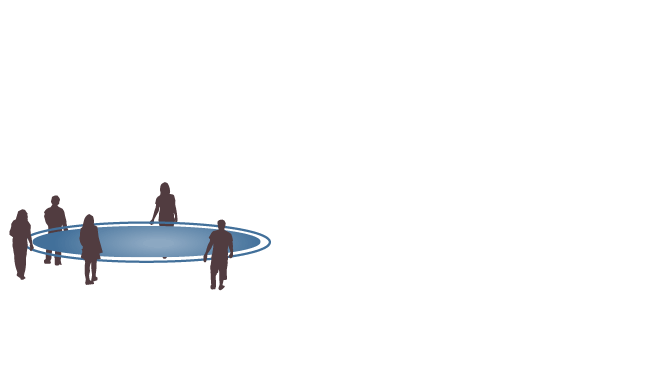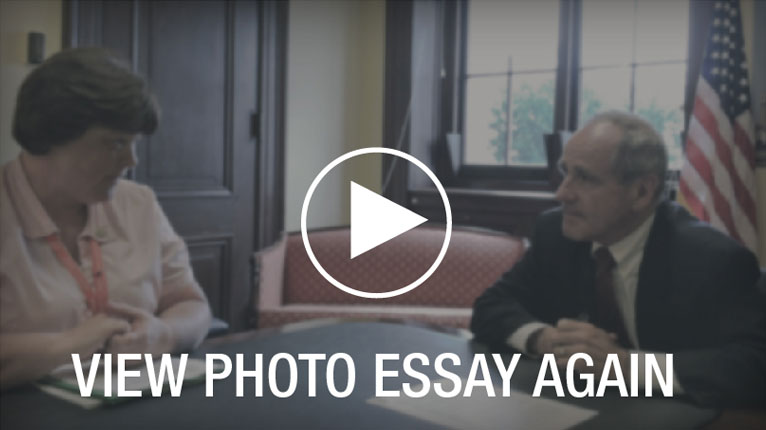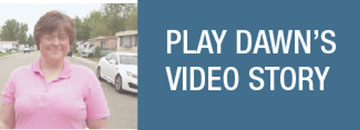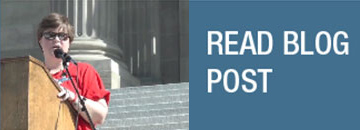Dawn: SNAP Advocate
Dawn is a single mother, nurse, and legal assistant in Boise, Idaho who’s always worked hard to earn a good life for her and her son. But in the wake of the Great Recession,, Dawn's employer let her go without warning. Idaho's unemployment swelled to a twenty-five year high, and Dawn was caught in the middle of it. More than anything, she just wanted a job, and looked everywhere—even McDonald’s. They told her she was overqualified.
